#traditional ethnic clothing
Explore tagged Tumblr posts
Text
The Enigmatic Allure of Indian Traditional Dresses, Sareesaga
Indian traditional dresses, sareesaga, encapsulate centuries of heritage, craftsmanship, and elegance. From the regal silk sarees of Kanchipuram to the vibrant lehengas of Rajasthan, each attire reflects the cultural diversity and artistic finesse of India. In this comprehensive guide, delve into the mesmerizing world of sareesaga, unraveling its significance, styles, and evolving trends.
Sareesaga: A Kaleidoscope of Culture and Tradition
Embark on a journey through the myriad hues and textures of sareesaga, where each drape narrates a story of its own. From the opulent Banarasi sarees to the graceful Kanjivarams, these traditional garments epitomize timeless elegance and sophistication.
Exploring the Rich Heritage of Indian Traditional Dresses
Step into the vibrant tapestry of Indian traditional dresses, where every attire is a testament to the rich cultural heritage of the land. Explore the intricate embroideries of Chikankari, the dazzling mirror work of Gujarat, and the exquisite handloom weaves of Odisha.
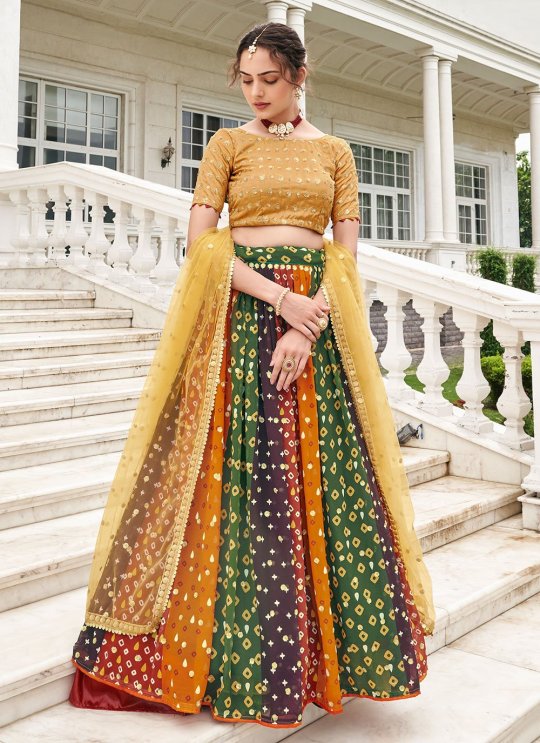
Unraveling the Mystique of Sareesaga: A Closer Look
Delve deeper into the enchanting world of sareesaga as we unravel the intricate craftsmanship and artistic nuances behind these resplendent garments. From the delicate handwoven motifs to the elaborate embellishments, each saree is a masterpiece of artisanal skill and creativity.
Sareesaga Through the Ages: A Historical Perspective
Trace the evolution of sareesaga through the annals of history, from its humble origins in ancient India to its status as a global fashion icon today. Explore the influences of Mughal opulence, British colonialism, and contemporary trends on the ever-changing landscape of Indian traditional attire.
The Enduring Appeal of Indian Traditional Dresses in Modern Times
Discover how Indian traditional dresses continue to captivate hearts and minds across the globe, transcending cultural boundaries and fashion fads. Explore the fusion trends, celebrity endorsements, and sustainable initiatives driving the resurgence of sareesaga in the 21st century.
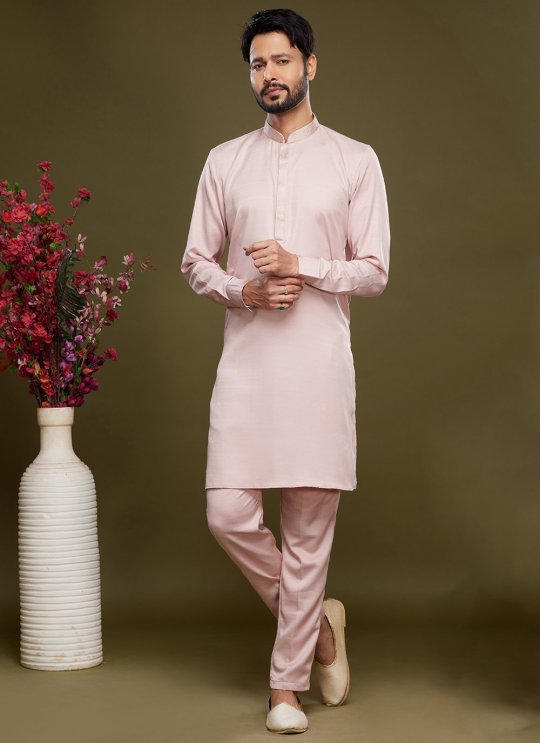
Mastering the Art of Saree Draping: Tips and Techniques
Unlock the secrets of impeccable saree draping as we share expert tips and techniques to enhance your ethnic ensemble. From the classic Nivi drape to the trendy dhoti style, learn how to accentuate your silhouette and exude confidence with every fold and pleat.
Sareesaga: Celebrating Diversity and Inclusivity
Celebrate the diverse tapestry of Indian traditional dresses, where every region boasts its unique weaving techniques, motifs, and cultural symbolism. From the vibrant Bandhani of Rajasthan to the subtle Jamdani of West Bengal, sareesaga epitomizes the unity in diversity of India's rich sartorial heritage.
The Timeless Charm of Handloom Sarees: A Sustainable Choice
Embrace the timeless allure of handloom sarees as we champion sustainable fashion and ethical craftsmanship. Discover the significance of supporting local artisans, preserving traditional weaving techniques, and fostering eco-friendly practices in the realm of sareesaga.
Revolutionizing Sareesaga: Innovations and Trends
Explore the latest innovations and trends reshaping the landscape of sareesaga, from digital printing techniques to contemporary reinterpretations of classic designs. Discover how designers are pushing the boundaries of creativity while staying true to the essence of Indian traditional dresses.

Preserving the Legacy of Indian Traditional Dresses: A Call to Action
Join us in preserving the legacy of Indian traditional dresses by embracing authenticity, sustainability, and inclusivity in our sartorial choices. Let us honor the artisans, weavers, and craftsmen whose timeless creations enrich our lives and connect us to our cultural roots.
FAQs:
What are the different types of Indian traditional dresses? Indian traditional dresses encompass a wide range of garments, including sarees, lehengas, salwar kameez, and dhotis, each with its unique style and significance.
How do I choose the right saree for an occasion? Consider the occasion, your body type, and personal preferences when selecting a saree. Opt for lighter fabrics like chiffon or georgette for daytime events and silk or brocade for evening affairs.
Can I wear Indian traditional dresses for weddings? Absolutely! Indian weddings are the perfect occasion to showcase your love for traditional attire. Choose from a dazzling array of bridal sarees, lehengas, or anarkalis to make a statement on your special day.
Are handloom sarees eco-friendly? Yes, handloom sarees are known for their sustainable production methods and use of natural fibers. By opting for handwoven garments, you not only support local artisans but also contribute to environmental conservation.
How do I care for my Indian traditional dresses? To ensure the longevity of your Indian traditional dresses, it's essential to follow proper care instructions. Dry clean silk and embellished garments, while handwashing cotton and linen attire in mild detergent.
Where can I buy authentic Indian traditional dresses? You can purchase authentic Indian traditional dresses from reputable stores, boutique designers, or online platforms specializing in ethnic wear. Look for sellers who prioritize quality, craftsmanship, and customer satisfaction.
Conclusion:
In conclusion, Indian traditional dresses, sareesaga, embody the timeless elegance, cultural richness, and artisanal craftsmanship of India. From the intricate weaves of Benarasi silk to the vibrant hues of Bandhani, each attire tells a story of tradition, heritage, and enduring beauty. Embrace the allure of sareesaga and celebrate the legacy of Indian fashion that transcends time and trends.
#Indian traditional dresses#traditional ethnic clothing#traditional dress for women#traditional salwar suit#traditional punjabi suits#traditional wear for women#traditional wear for men#traditional gown
0 notes
Text



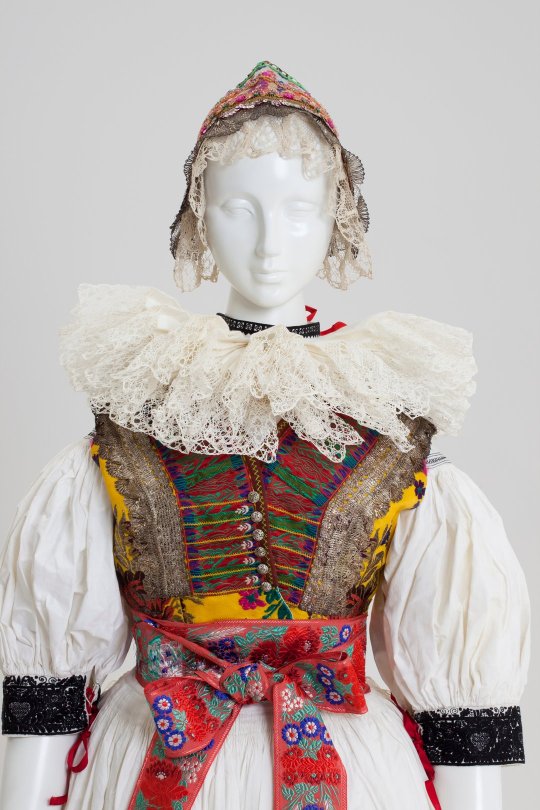




• Hanácký kroj traditional folk dress from Czechoslovakia.
Date: 1940
Medium: Cotton, embroidery, lace, silk, embroidered in part and worn by Olga Kupkova (nee Skacelova), designed and made in the Hana region of Moravia, former Czechoslovakia (Protectorate of Bohemia and Moravia).
#fashion history#history of fashion#dress#fashion#vintage clothing#vintage fashion#vintage#folklore#florkloric#ethnic#ethnicwear#traditional dress#traditional art#traditional#Hanácky#Hanák�� kroj#Czechoslovakia#1940s fashion#1940's
1K notes
·
View notes
Text


Flower Hmong outfit. Credit to Hnubflower Shop.
452 notes
·
View notes
Text
We ask your questions so you don’t have to! Submit your questions to have them posted anonymously as polls.
#polls#incognito polls#anonymous#tumblr polls#tumblr users#questions#polls about clothes#submitted dec 18#polls about the world#traditional clothing#traditional dress#cultural clothing#folk clothing#ethnicity
854 notes
·
View notes
Text

◾A Serbian girl dressed in serbian traditional clothes from Central Serbia 🇷🇸
◾By Pavel Surovi
#Serbian#serbian#balkan#europe#serbian beauty#serbian traditional clothes#serbian folklor#slavic#serbian women#serbian tradition#serbian culture#Nošnja#Šumadija#Srbi#World culture#Culture#World#Ethnic#ethnic fashion#Ethnographic#ethnology
66 notes
·
View notes
Text


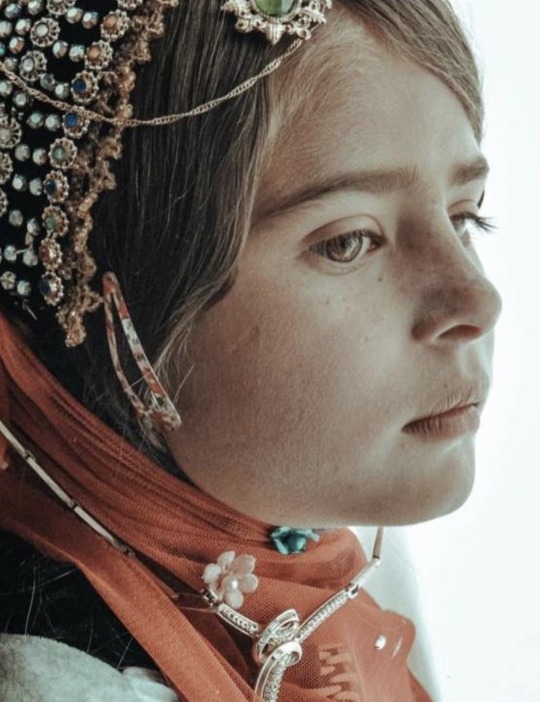







The Bakhtiari tribe - Iran
#iran#ethnic groups#my roots#iranian culture#traditional clothing#folk clothing#persia#iranian lives matter#azadi#zan zendegi azadi#jin jiyan azadi#beauty#eyes#wholesome#my posts
64 notes
·
View notes
Text

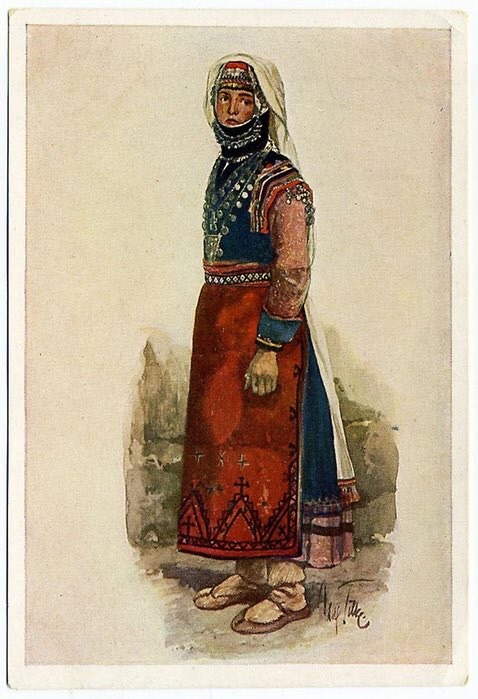

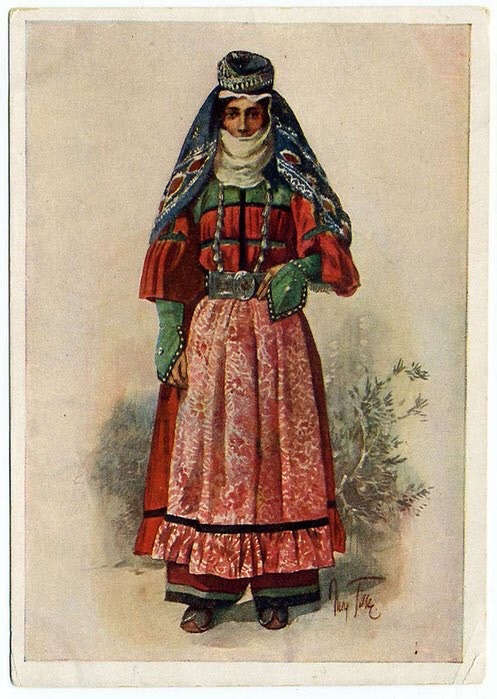
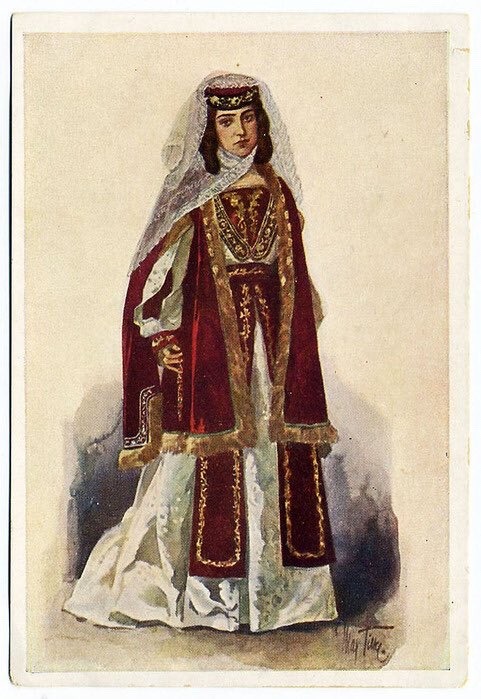

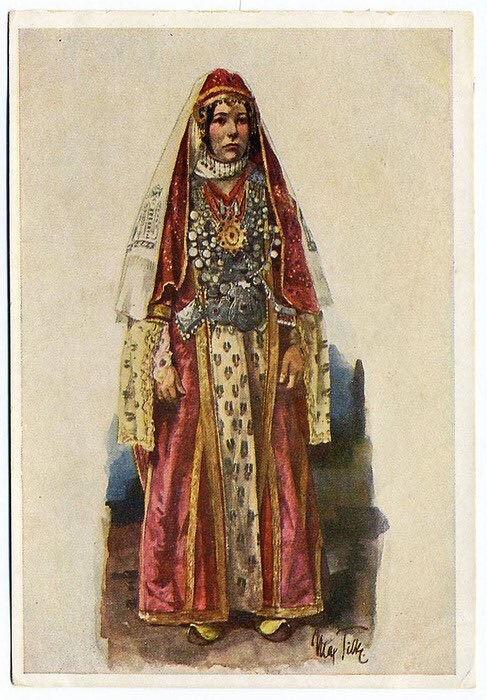
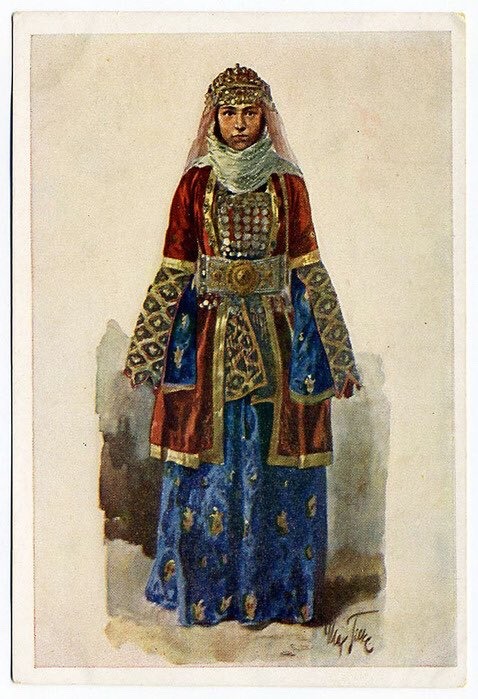

Ethnographic drawings of women by Max Tilke (1910).
Andi woman from Dagestan
Pontic Greek woman from Tsalka, Georgia
Udi woman from Nukha (Sakhi), Azerbaijan
Qarapapaq woman from Azerbaijan
Kartlian woman from Kartli, Georgia
Ingiloy woman from Saingilo, Azerbaijan
Georgian woman from Javakheti, Georgia
Avar woman from Dagestan
Azeri woman from Borchalo, Georgia
#ethnography#illustration#caucasus#traditional clothing#folk costume#folk clothing#ethnic dress#mine
134 notes
·
View notes
Text

Albanian bride ✨
#albanian#bride#wedding costumes#traditional clothing#balkan#balkans#tradition#costume#ethnic#folk#jewerly#shqiptar
33 notes
·
View notes
Text
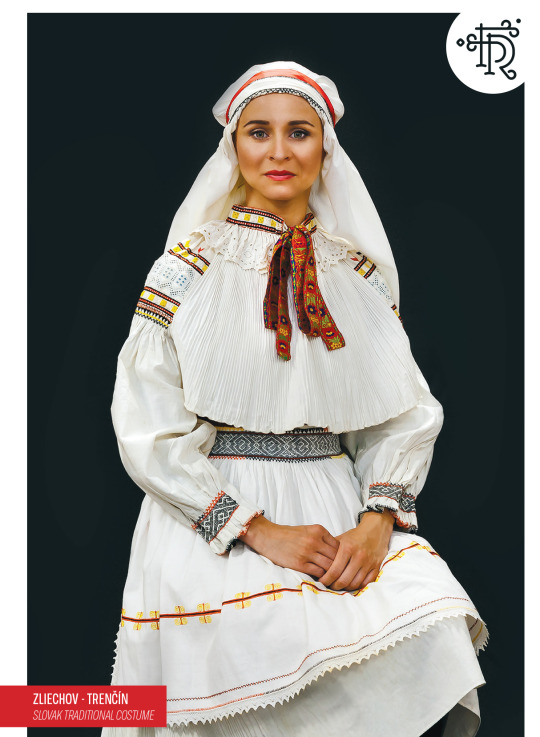
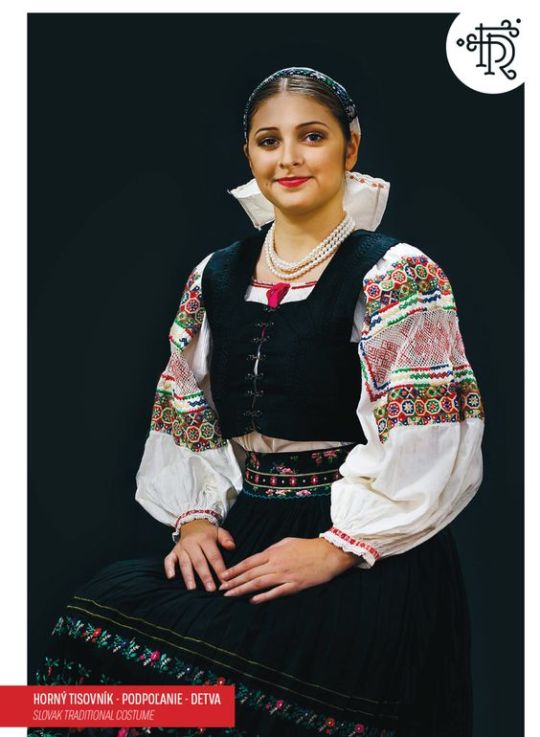
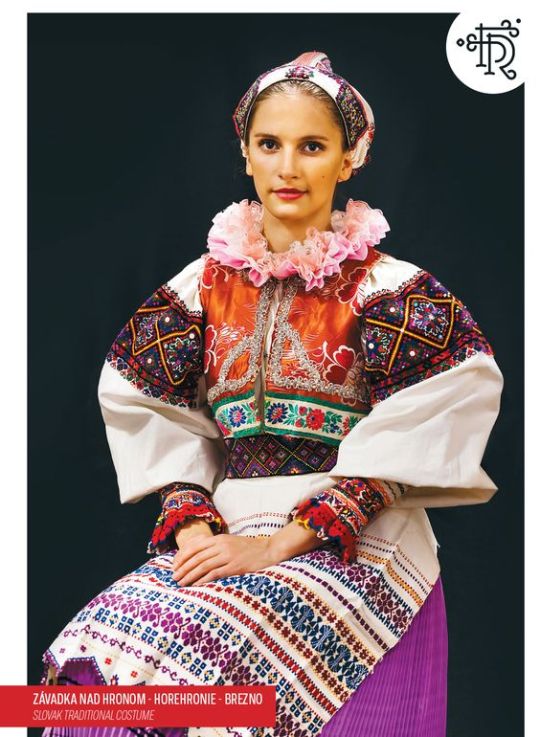
Slovak Folk Costumes
#slovak#slovakia#folk costumes#traditional clothing#ethnic#slovaks#carpathian#eastern europe#central eastern europe
68 notes
·
View notes
Text

The Jomli family circa 1979
These are the kin of the protagonist of "Postmortem"; a historical paranormal story about death, grief, and moving forward.
#Malek is the protagonist he's a fun guy#eid mubarak everyone have my ethnic pride passion project#if you ask me about them i will be very very happy#anyway this was fun. enjoy xoxo#my art#fennec.art#traditional dress#fennec.origin#ocs#original art#traditional clothing#north africa
17 notes
·
View notes
Text
Indian Traditional Dresses: Unveiling the Elegance of Sareesaga
Indian traditional dresses hold a unique charm, weaving together threads of culture, tradition, and elegance. Among these, Sareesaga stands out as a timeless embodiment of grace and sophistication. In this article, we delve into the captivating realm of Indian traditional dresses, focusing on the exquisite allure.
The epitome of Indian traditional attire, captivates hearts with its sheer beauty and versatility. Whether it's a grand wedding or a festive celebration, we adorns women with unparalleled elegance and grace. From the intricate embroidery to the rich hues of fabric, each Our ensemble tells a story of craftsmanship and tradition.
Indian traditional dresses, particularly sareesaga, embody the timeless elegance and cultural richness of India. From handloom sarees to intricately crafted lehengas, each ensemble narrates a story of tradition, heritage, and style. By embracing these timeless attire, we not only celebrate our cultural identity but also pay homage to the artisans and craftsmen who keep the legacy alive.
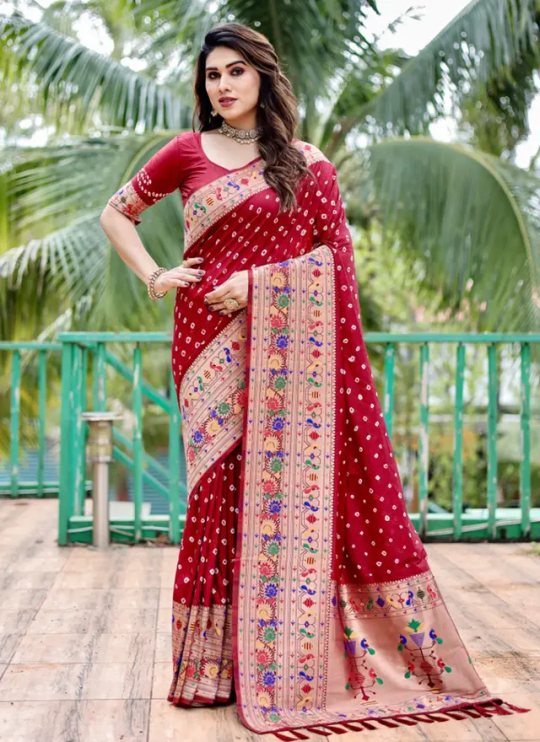
Embracing Tradition: The Evolution of Indian Traditional Dresses
Indian traditional dresses have evolved over centuries, reflecting the diverse cultures and heritage of the country. with its roots deeply embedded in Indian history, has witnessed a fascinating transformation over time. From traditional silk sarees to contemporary designer pieces, sareesaga continues to reinvent itself while staying true to its cultural essence.
The Allure of Handloom Sarees: A Timeless Tradition
Handloom sarees hold a special place in the world of Indian traditional dresses, embodying the skill and artistry of local weavers. With intricate designs and vibrant colors, handloom sarees celebrate the rich textile heritage of India. Each weave tells a tale of craftsmanship and tradition, making handloom sarees a cherished addition to every woman's wardrobe.
India's cultural tapestry is woven with a myriad of regional traditions, each contributing to the rich tapestry of Indian traditional dresses. From the vibrant Bandhani sarees of Gujarat to the regal Kanjivaram sarees of Tamil Nadu, Our showcases the diversity and beauty of India's heritage. Exploring these regional variations offers a glimpse into the cultural mosaic of the country.
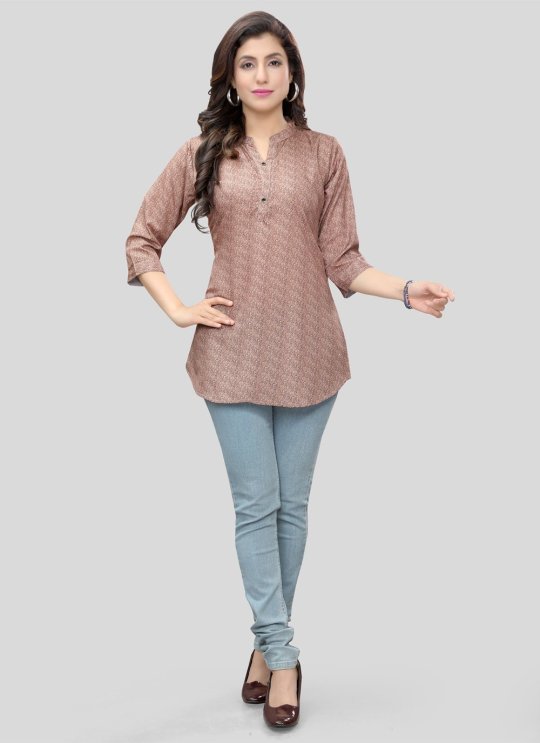
The Timeless Charm of Lehengas: Fusion of Tradition and Fashion
While sarees reign supreme in the world of Indian traditional dresses, lehengas hold a special place in every woman's wardrobe. Combining tradition with contemporary flair, lehengas exude elegance and sophistication. Whether it's a traditional wedding or a modern soiree, a beautifully crafted lehenga adds a touch of glamour to any occasion.
Unlocking the Beauty of Accessories: Completing the Ensemble
No Indian traditional dress is complete without the perfect accessories. From intricately designed jewelry to embellished clutches, accessories play a pivotal role in enhancing the beauty of sareesaga ensembles. Delving into the world of accessories offers endless possibilities to elevate your look and make a statement with style.

Celebrating Festivals in Style: Traditional Attire for Every Occasion
Festivals are an integral part of Indian culture, and what better way to celebrate than in traditional attire? Whether it's the vibrant colors of Holi or the elegance of Diwali, we offers a myriad of options to dress in style. Embracing traditional attire during festivals not only honors cultural heritage but also adds an extra layer of joy and celebration.
The Art of Draping: Mastering the Saree
Draping a saree is an art form in itself, requiring skill, precision, and finesse. Each region in India has its own unique draping style, adding to the charm and diversity of Indian traditional dresses. Learning the art of saree draping allows one to appreciate the intricacies of this timeless garment and carry it with confidence and grace.
In a rapidly changing world, we serves as a symbol of cultural identity and pride. It embodies the essence of Indian tradition, weaving together threads of heritage and legacy. As we embrace modernity, let us not forget the timeless allure, keeping the spirit of tradition alive for generations to come.
#Indian traditional dresses#traditional ethnic clothing#traditional dress for women#traditional salwar suit#traditional punjabi suits#traditional wear for women#traditional wear for men#traditional gown
0 notes
Text

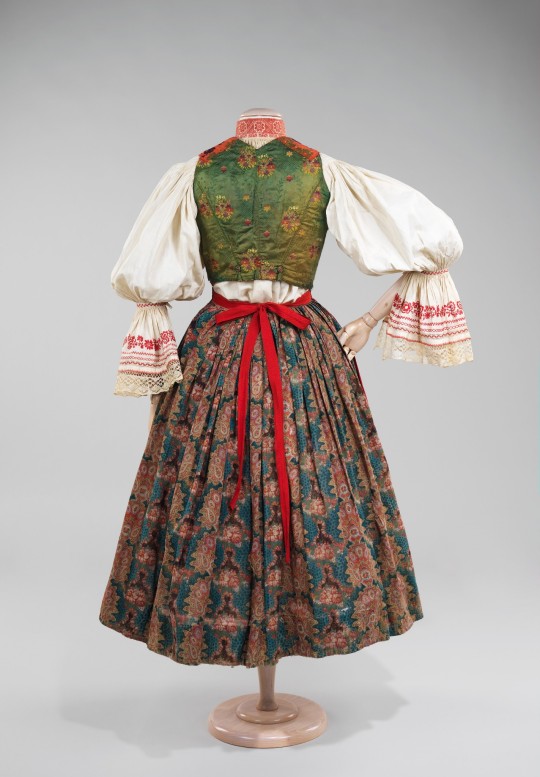
• Ensemble.
Date: 1840–1880
Culture: Slovak
Medium: wool, cotton, silk
#fashion history#history of fashion#dress#fashion#19th century fashion#19th century#19th century dress#ethnic#ethnic fashion#traditional dress#traditional#traditional clothing#ensemble#Slovak#1840#1880
3K notes
·
View notes
Text






Shoffing <3
#ethnic fashion#algeria#glitter#algiers#phone photography#blurry photos#blurry aesthetic#traditional Algerian clothes#blouza#melhfa#cafftan#al qat#maghreb#north africa
9 notes
·
View notes
Text
7 indigenous ethnic groups of Brunei Darussalam 🇧🇳 (female):
1) Bruneian Malay
2) Tutong
3) Sang Jati Dusun
4) Kedayan
5) Belait
6) Bisaya
7) Murut (Lun Bawang)







#adventure#countries#discover#explorer#journey#places to visit#travel#traveler#traveling#visit#visiting#exploring#explore#tourist#tour#tourism#tourist attraction#culture#indigenous#ethnics#history#clothing#clothes#traditional#beautiful#photography#photo#photos#pic#travel destinations
3 notes
·
View notes
Text
◾Serbian girls dressed in serbian traditional clothes from Zlatibor mountain, Western Serbia 🇷🇸

#serbian#balkan#europe#serbian beauty#serbian traditional clothes#serbian folklor#serbian women#serbian tradition#beauty#Serbian aesthetics#Srpkinje#srpska nošnja#Zlatibor#Zlakusa#ethnic fashion
55 notes
·
View notes
Text
Celebrate this Women's Day with Trending Traditional Ideas
Read how you can be a Fashion Diva this Women's Day.
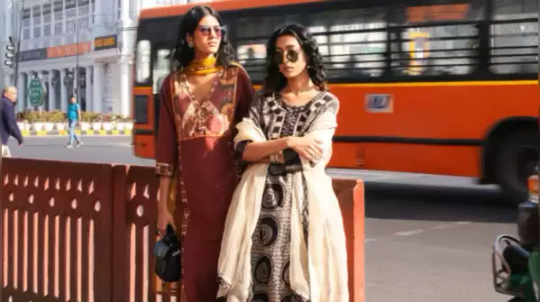
1. Sophisticated traditional looks for Women's Day 2025
There is no rule for what to wear on Women's Day, but what you wear should be strong and confident enough. You should carry your fashion statement with power, equality and optimism. Keep your fashion wear trendy, chic and fun while communicating your personality. Your goal should be to uphold yourself with poised confidence. Whether you wear a bold outfit with a significant piece or opt for a polished, minimalist look, your confidence should be your upmost outfit. Celebrate this Women's Day with unwavering strength and outfit.

2. Printed Cotton Sarees
All women have eternal love for saree. The trend of wearing a saree will never go out of style as it is timeless and classic. Wearing an off -white cotton saree with floral prints gives a smart and modern look. The beautiful print designed on a lightweight fabric is preferred by all women as it is comfortable to wear throughout the day and easy to carry. A sleeveless blouse with a U-shaped neckline would be an extremely good choice for formal to regular gatherings on a special occasion.

3. Versatile Kaftan Gown
Hold your power in an Indo-Western fit with a versatile and sophisticated Kaftan. A loose-fit Kaftan would exhibit colors of gracefulness and comfort. For social events and corporate parties, you can wear an embroidered kaftan gown, accessorizing it with silver jewellery. For regular office days and formal occasions, you can wear a lightweight kaftan gown, showing minimalism and a trendy look.

4.Fashionable Palazzo Set
The ensemble palazzo set is the most suitable and comfortable wear for all your needs. From office parties to casual gatherings, a three-piece palazzo set acts as your saviour. Pairing a wide-legged straight-fit pant with an embellished blouse or crop top would be a great fashion choice. To enhance the fashion piece, you can accessorize it with dazzling earrings, ligh colored embroidered crop jacket and fine quality sleep dupatta, accentuating yourself.

5.Ethnic Jumpsuits
Present generation women are modernizing jumpsuit comfort over traditional wear. Radiating the shades of luxury, charm and attractiveness, a full-length jumpsuit would be a perfect match for all the fashionista women. Clothing materials like silk, organza, georgette, and crepe can be used for blending elegance with a touch of ethic charm. Add a pair of beautiful earrings to feel like you have conquered the world.
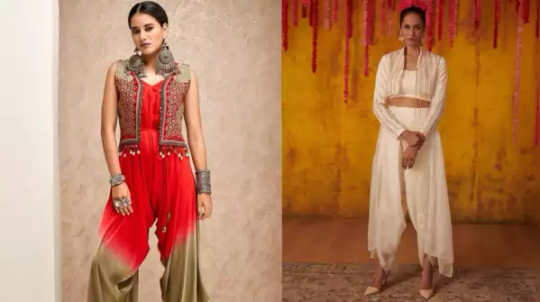
6. Traditional Dhoti-Jacket Duo
Styling traditional dhoti-style pants, for a unique look, could be done by pairing it with a classy crop top and jacket to be an additional cherry on top. This Indo-Western Duo will turn all heads, cherishing your chic look. To make it more outstanding, wear traditional earrings and ethnic jutis.
Source url - https://timesofindia.indiatimes.com/life-style/fashion/style-guide/effortless-ethnic-fashion-ideas-for-womens-day/photostory/118760898.cms?picid=118760916
#clothes#fashion#women's day#traditional clothes#women's ethnic dress#ethnic clothes#women's clothes
4 notes
·
View notes